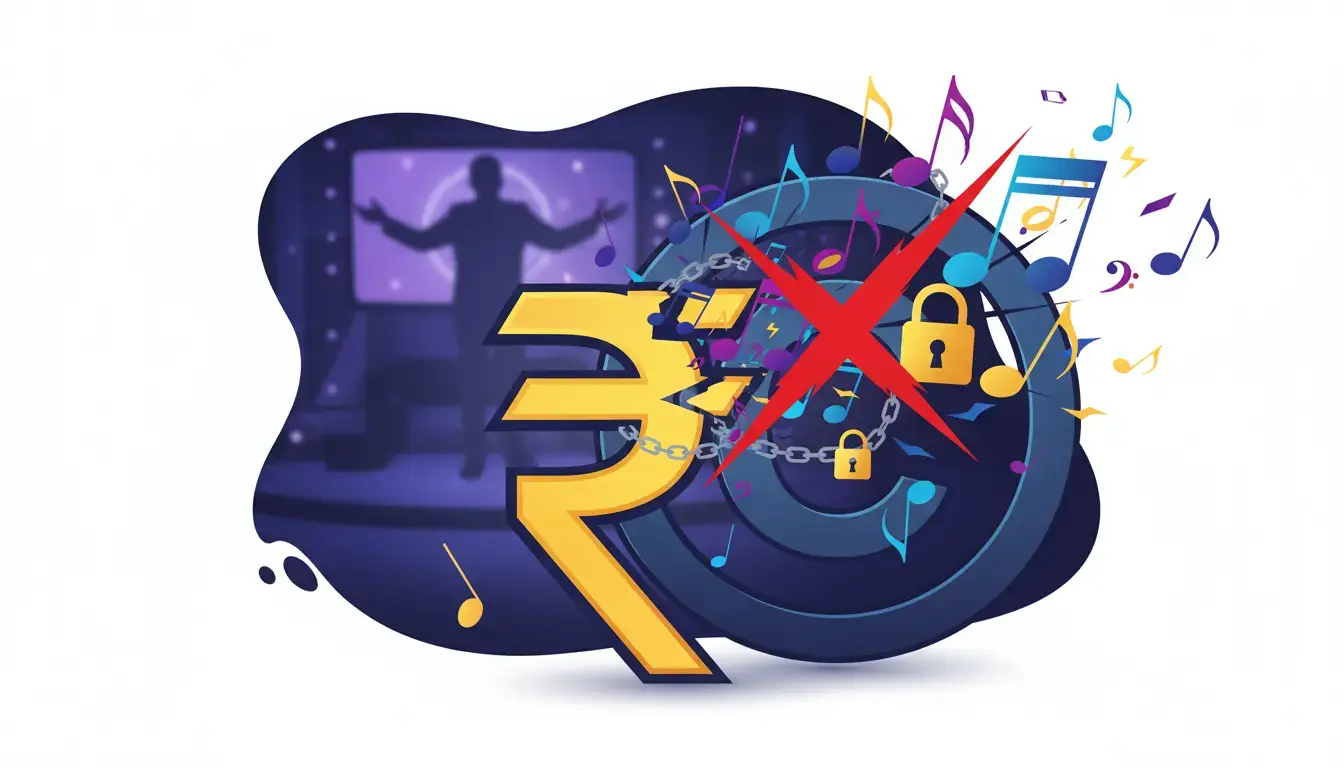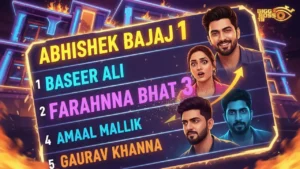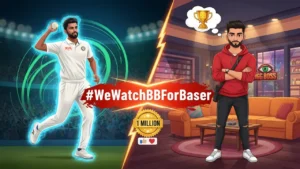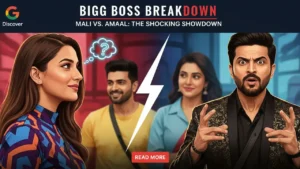India’s biggest reality show, Bigg Boss 19, is making headlines for all the wrong reasons. The hit series, hosted by superstar Salman Khan, has been hit with a massive ₹2 crore lawsuit over the alleged unauthorized use of two popular Bollywood songs. This legal battle shines a harsh spotlight on the critical issue of intellectual property rights in the entertainment industry.
The lawsuit comes from Phonographic Performance Limited (PPL), India’s oldest and most prominent copyright licensing organization. They’ve accused Endemol Shine India and Banijay, the powerhouse production companies behind Bigg Boss 19, of a significant copyright infringement that could have far-reaching implications.
What the Data Reveals: The Core of the Copyright Battle
PPL’s legal action centers on the 11th episode of Bigg Boss 19, which aired on September 3, 2025. According to the lawsuit, the episode featured the iconic songs ‘Chikni Chameli’ from the film Agneepath and ‘Dhat Tere Ki’ from Gori Tere Pyaar Mein. The crucial contention? These songs were allegedly used without obtaining the mandatory public performance license.
- The Claim: PPL asserts that using these tracks without a license is a clear violation of copyright law.
- The Demand: They are seeking a substantial ₹2 crore (approximately ₹20 million) in damages and unpaid license fees.
- Copyright Ownership: Both songs are licensed to Sony Music Entertainment India, with PPL exclusively administering their public performance rights. This means PPL is the gatekeeper for these specific uses.
- Legal Grounds: The lawsuit highlights Section 30 of the Copyright Act 1957, stating that failure to secure a license constitutes “wilful infringement.”
- Further Action: Beyond the lawsuit, a cease-and-desist notice has also been issued, demanding an immediate halt to any further unauthorized use of PPL’s recordings on the show.
This incident underscores the complex web of copyright and licensing that underpins the multi-billion dollar entertainment sector. Even major productions like Bigg Boss 19 are not immune to stringent legal scrutiny when it comes to respecting creative ownership.
Real-Life Examples: Why Licensing Matters in Entertainment
Imagine a scenario where a filmmaker spends years creating a masterpiece, only for someone to broadcast it publicly without permission or compensation. That’s essentially the principle at play here. Music licensing ensures that artists, composers, and record labels are fairly compensated when their work is used by others. For a show like Bigg Boss 19, where music often sets the mood or is part of tasks, obtaining the correct licenses is not just good practice—it’s a legal obligation.
This case serves as a potent reminder for all content creators, from reality TV producers to independent YouTubers: every piece of music, video, or image you incorporate into your work must have proper clearance. Failing to do so can lead to significant financial penalties, reputational damage, and lengthy legal battles, as Endemol Shine India and Banijay are now experiencing.
What You Should Do Next: Protecting Your Creative Work
For anyone involved in content creation, understanding copyright is paramount. It’s not just about avoiding lawsuits; it’s about respecting the value of intellectual property.
- Always Verify: Before using any copyrighted material, verify its licensing status.
- Seek Permissions: If you’re unsure, always seek explicit permission or obtain the necessary licenses.
- Budget for Licensing: Incorporate licensing fees into your project budget from the outset.
- Stay Informed: Keep abreast of copyright laws and industry best practices.
The Bigg Boss 19 lawsuit isn’t just a legal skirmish; it’s a loud alarm bell for the entire media industry. It emphasizes that while creative freedom is vital, it must always operate within the boundaries of legal compliance and respect for creators’ rights.
What are your thoughts on this high-profile copyright dispute? Share your opinions in the comments below and let us know how you think this will impact future reality TV productions!




